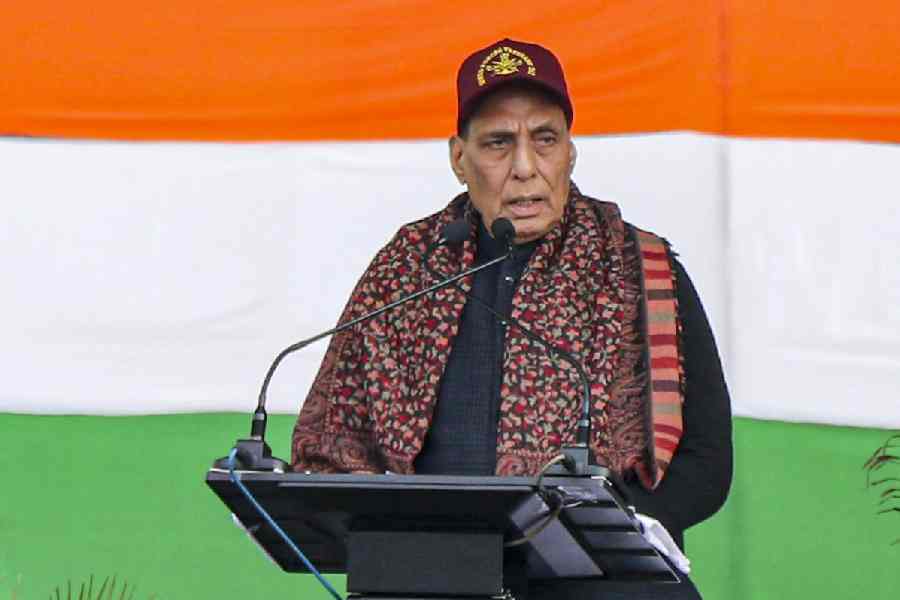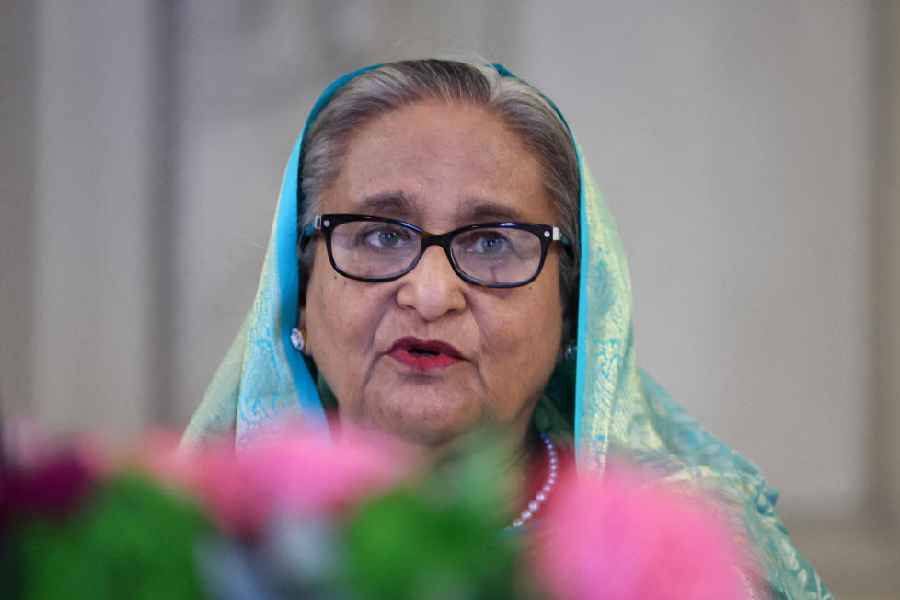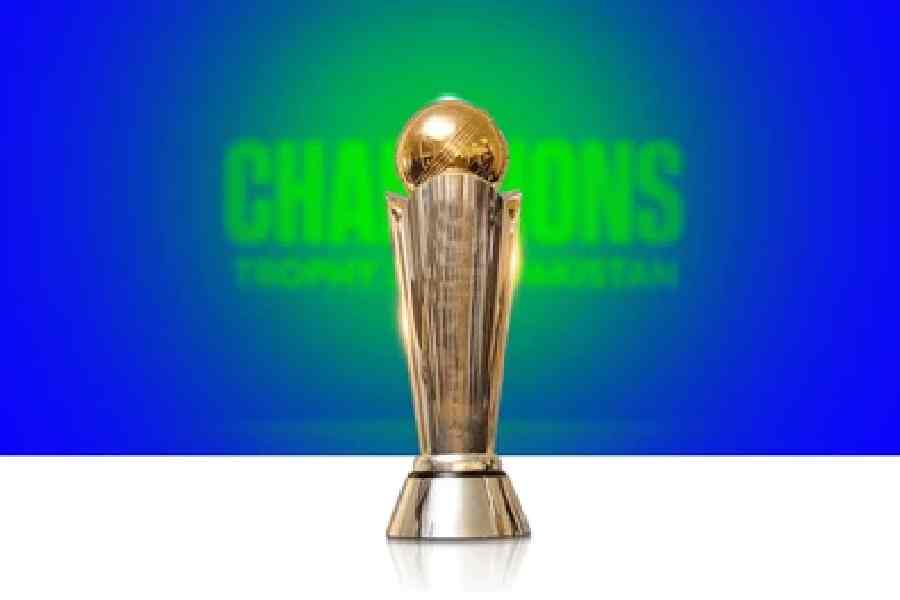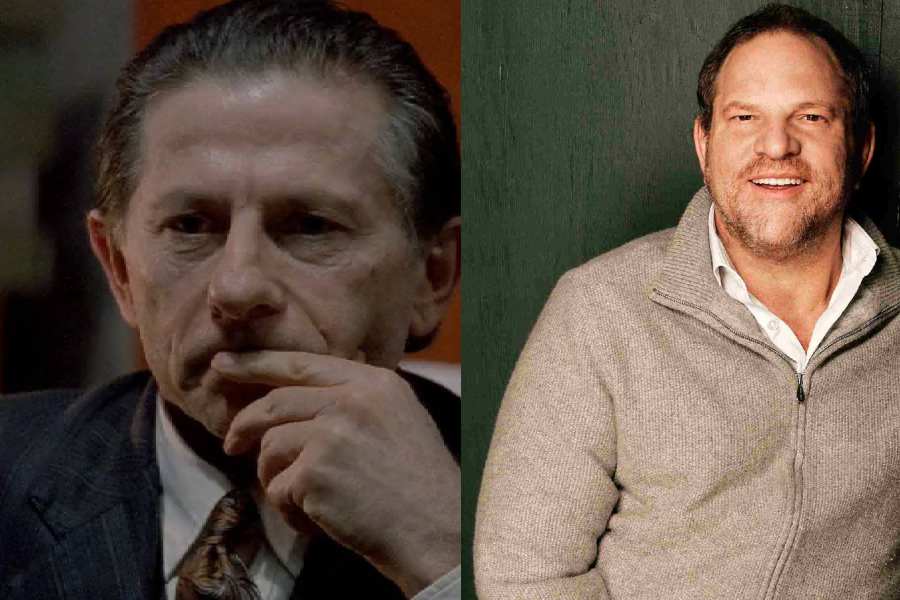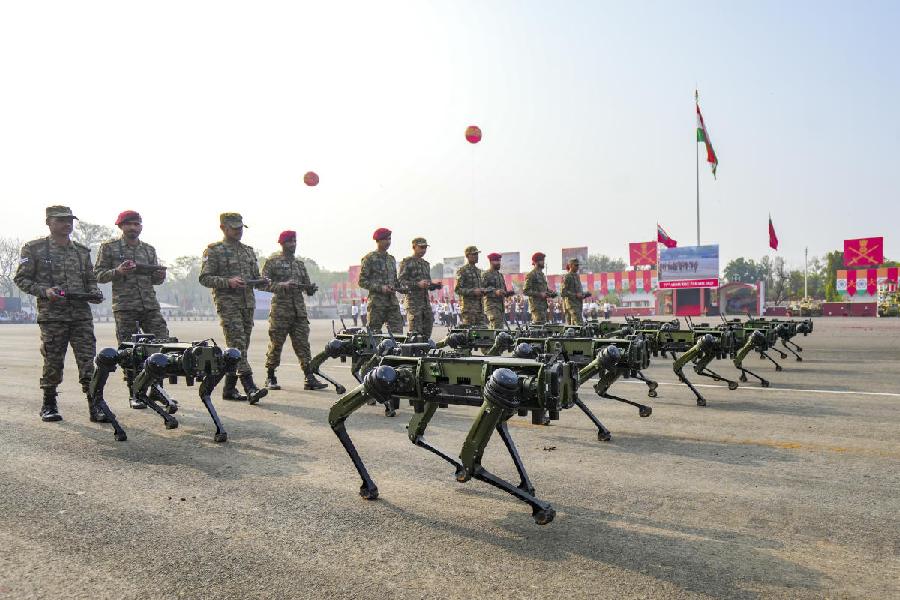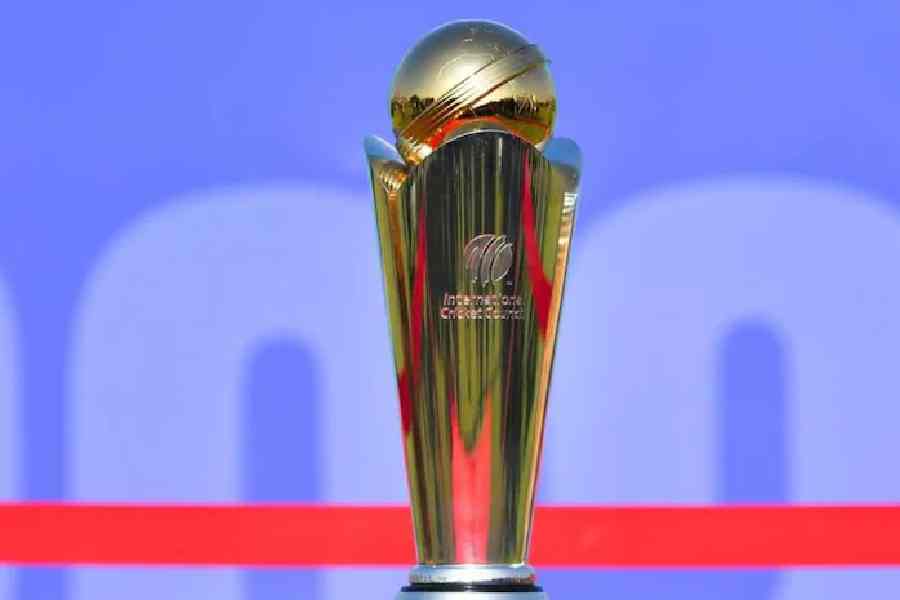The majority of Congress leaders and workers believe that the Ram temple bhoomi pujan spectacle in Ayodhya on Wednesday, portrayed as a historic moment of triumph for Hindus, will allow Prime Minister Narendra Modi to divert the nation’s attention for a while but the real concerns would soon return to dominate the political discourse.
Although a section in the Congress, particularly ordinary party workers, is doubtless rattled and is in awe of Modi’s capacity to hijack the discourse, many senior leaders hope it is premature to presume that the tide of negativity against the government’s many failures and the multiple crises facing the nation has turned and the Ram temple will override other issues for the next few years.
They admit that Modi will create a much bigger hype at the time of the 2022 Uttar Pradesh elections and finally during the inauguration of the temple before the 2024 parliamentary polls, but its emotive appeal will diminish in the absence of any tangible opposition to its construction.
A leader told The Telegraph: “There is no denying the fact that Modi has used this occasion for perception management. He had been grappling with the worst crisis of his political career: while the economy is in ruin, the humanitarian crisis caused by the coronavirus has demolished the myth of his administrative skills. No country has witnessed such distressing scenes of millions (of migrants) walking hundreds of miles without food or water. Unemployment created a deep unrest among youths.”
He added: “Against the grim backdrop of multiple crises, his helplessness on the Chinese intrusion almost unravelled his image as a strong leader. He was obviously shaken and opted to organise this event even though there was no muhurt (auspicious timing) according to astrology.
“This was always going to be a momentous occasion and we knew the RSS-BJP would present it as a never-before moment of Hindu triumph. They have exhausted the opportunity too soon. It will be difficult to sustain the hype for long.”
Asked if the Congress had any internal discussion before Priyanka Gandhi Vadra set the tone by talking about Lord Ram signifying unification, righteousness and sacrifice without directly drawing a parallel with the RSS-BJP’s perceived divisive agenda, a party functionary said: “There were discussions at informal levels. When nobody opposed the verdict delivered by the Supreme Court, the only course left for us was to highlight the dichotomy between the RSS-BJP’s narrow politics and Lord Ram’s philosophy.
“We knew the temple construction would benefit the BJP. It must have been the cynical assessment of all parties that the absence of any opposition to the construction of the temple would minimise the political advantage the RSS-BJP expects from the event. We hope this is true, no matter how hard they try to project it as a transformative occasion.”
Former Congress chief Rahul Gandhi, too, traversed the safe path laid by Priyanka, saying Lord Ram can never manifest himself through hatred, cruelty and injustice. Prime Minister Modi on Wednesday also dwelt on the lofty ideals of Lord Ram, no matter how divisive the campaign in the run-up to the event had been.
Rahul also made a subtle attempt to indicate that Modi’s politics had been antithetical to the ideals symbolised by Ram as it selectively targeted opposition, suppressed institutions, discriminated against minorities and ran an unjust regime without following the principles of transparency and accountability.
Rahul tweeted: “Maryada Purushottam Bhagwan Ram is a symbol of supreme humane values. He is the essence of the intrinsic humanity that lies in our hearts. Ram is love; he can never manifest himself through hate. Ram is compassion; he can never manifest himself through cruelty. Ram is justice; he can never manifest himself through injustice.”
Congress leaders insist that the future political discourse will have to revolve around issues such as the economy, jobs, democratic values and foreign relations.
They say the intervention in the temple discourse has a limited purpose — to send out a message that the Congress is not opposed to the construction and the BJP is not the sole representative of Hindus in India.
The Congress leaders also contest the perception that the party felt compelled to pursue “soft Hindutva”, arguing that it never saw secularism as being irreligious.
A former Union minister told this newspaper: “There are abnormal pressures of mass politics on certain occasions. We do have to temporarily alter the articulation when the atmosphere is surcharged, when emotions are running high and explaining nuances becomes difficult. But the core philosophy doesn’t change.
“Our stress on justice, on cultural harmony, on compassion… is an expression of our secular commitment in a different language. Those who have misunderstood will soon realise how fiercely we will safeguard the secular principles. That commitment is sacred.”


